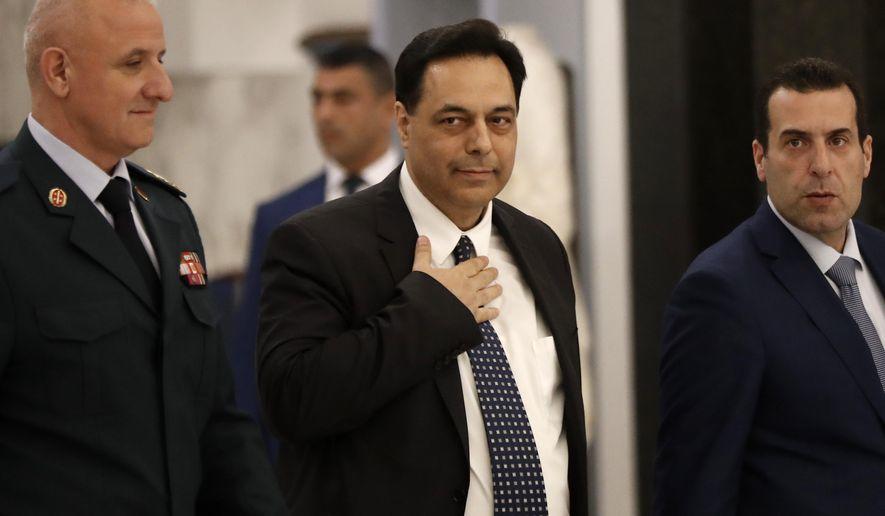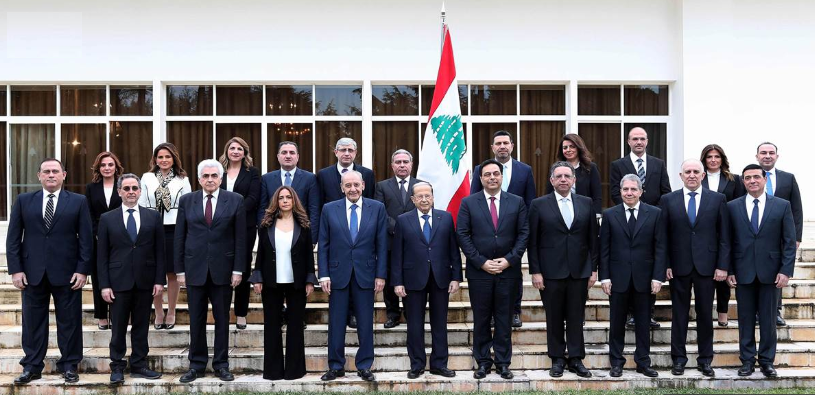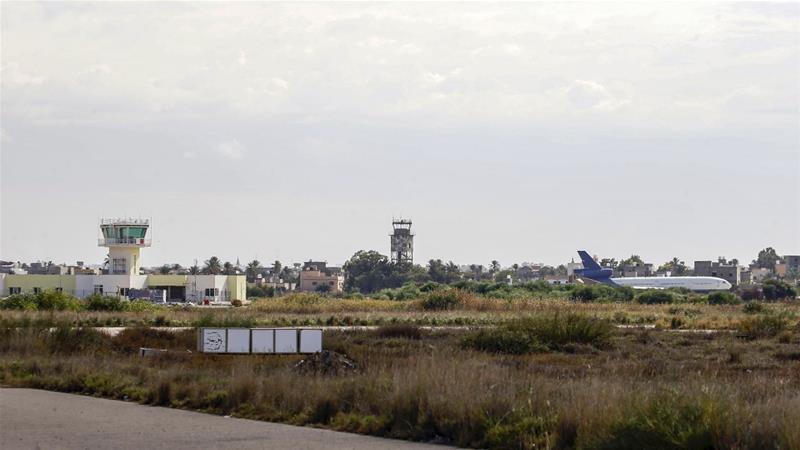Communist China is the latest country to crack down on single-use plastics. On Sunday, the country’s National Development and Reform Commission issued new rules restricting or banning the use of everything from straws to miniature shampoo bottles.
Non-biodegradable plastic bags will be banned in major cities by the end of the year, and in the entire country by the end of 2022.
Restaurants will be banned from distributing plastic straws. They must also reduce their overall use of single-use plastics by 30 percent. Hotels will be prohibited from giving out free single-use plastic items by 2025, reports the BBC. The production of 0.025mm thick plastic bags will also be banned. The new directive includes an exception for bags holding fresh produce.
“Consumption of plastic products, especially single-use items, has been consistently rising,” said the Chinese government upon releasing the new regulations, according to The New York Times. “There needs to be stronger comprehensive planning and a systematic rollout to clean up plastic pollution.”
The English-language newspaper China Daily says that plastic consumption, and plastic pollution, has risen in the country recently thanks to the growing use of food delivery and e-commerce services—both of which use a lot of plastic packaging.
The Chinese government has already taken some steps to address the problem by severely restricting its imports of plastic waste from other countries (a move that has thrown the American recycling industry into disarray) and prohibiting stores from giving out plastic bags for free.
China, according to one 2015 study, is responsible for almost 30 percent of the plastic waste that gets into the ocean each year. Communist-controlled Vietnam and North Korea, alongside other coastal East Asian countries like Thailand, Indonesia, and the Philippines, are also all major plastic polluters.
The U.S., by contrast, is responsible for less than one percent of marine plastic waste.
On the surface, that would appear to make China’s plastics crackdown more justifiable than similar American bans targeting the minuscule number of bags, straws, and takeaway containers that end up as litter.
Yet the mere use of plastic products isn’t, by itself, responsible for China’s plastic pollution problem. As Reason‘s Ron Bailey noted in a 2018 Earth Day post, the “main reasons these countries are such big contributors of plastic marine debris is that their consumers’ garbage is uncollected and frequently ends up in open dumps.”
Rich countries with well-developed waste management systems manage to recycle, landfill, or incinerate almost all of their garbage. This is why wealthy Japan and South Korea emit much less plastic waste into the oceans than their regional neighbors.
Plastic prohibitions in China might cut down on the amount of waste in the near term, but a comprehensive long-term solution will require investing in better garbage collection and disposal.
It’s also important to stress that whatever China’s environmental problems, any prohibition is inevitably going to be enforced by an authoritarian, one-party state. On this front, African nations’ experience with plastic bag bans is instructive. In 2008, Rwanda’s government became one of the first to ban plastic bags. In 2016, Al Jazeera reported on the brutal measures government officials have since taken to stop the illegal importation of plastic bags from neighboring Democratic Republic of Congo:
If caught, smugglers say they are forced to destroy the bags, sometimes with their teeth. Worse, they are detained indefinitely and fined hundreds of dollars, which they have no means of paying. On the Congolese side, they say, beatings are common, and in exchange for sex, officers might allow smugglers to cross the border without paying a bribe.
Kenya has likewise banned plastic bags, only to see police harass scofflaws with fines and drug-war style raids. These very real costs to human freedom must be weighed against any environmental benefits of plastics bans. That’s something the international environmental movement has been really bad at, preferring to praise authoritarian Rwanda as “one of the cleanest nations on earth” and an example of what can be accomplished if “the political will really exists and true efforts are made.”
China would do better to keep growing richer, and then invest its prosperity in better waste management.
from Latest – Reason.com https://ift.tt/2RiJeOI
via IFTTT



